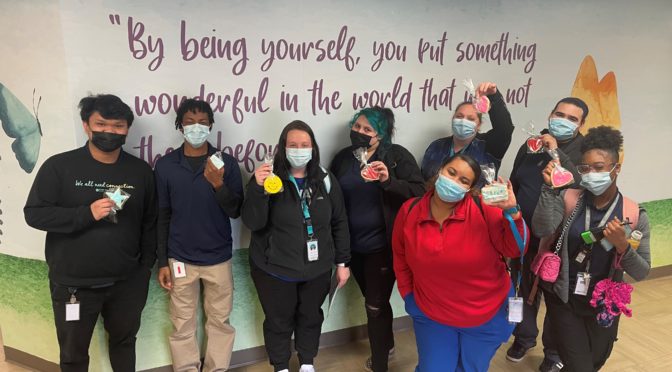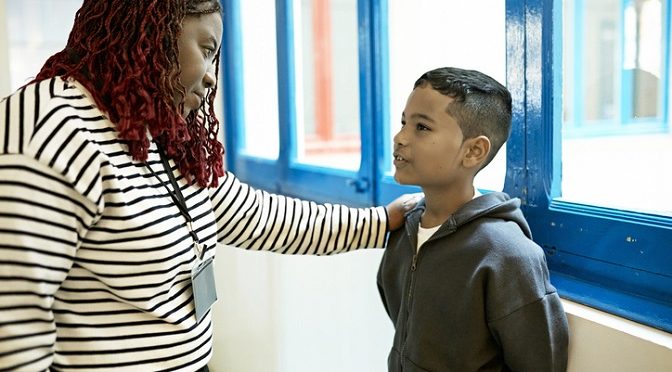How to Talk to Your Child About Gender and Sexuality

Talking about gender and sexuality with kids helps them feel seen, heard and supported, and leads to healthier future relationships.

Talking about gender and sexuality with kids helps them feel seen, heard and supported, and leads to healthier future relationships.

Find out what it’s like to be a nurse at a children’s mental health hospital where life-changing care happens daily and nurses are celebrated year-round.

KVC Health Systems, with a key partner and philanthropic supporters, is expanding inpatient pediatric and adult mental health treatment in Kansas City.

Reading empowering books can help navigate challenges and prepare children by learning about topics of mental health, trauma and diversity.

Celebrate social work and see how Camber social workers positively impact children and familites at Camber Children’s Mental Health.

The dedication of our professional team, volunteers, donors and community support shines through in Camber Children’s Mental Health’s 2022 impact report. We are proud of our growth throughout the past […]

Camber Hays provides a healing space for youth throughout in the state of Kansas with residential and inpatient care mental health services.

Employees share the personal fulfillment from their work and how Camber’s benefits and supportive culture create work-life balance.

Find out how you can help a child manage feelings about grief and loss, and signs to watch for that might indicate they’re struggling.

Read this blog to learn about depression, anxiety, and ADHD in children and how you can support a child who is struggling with mental health.